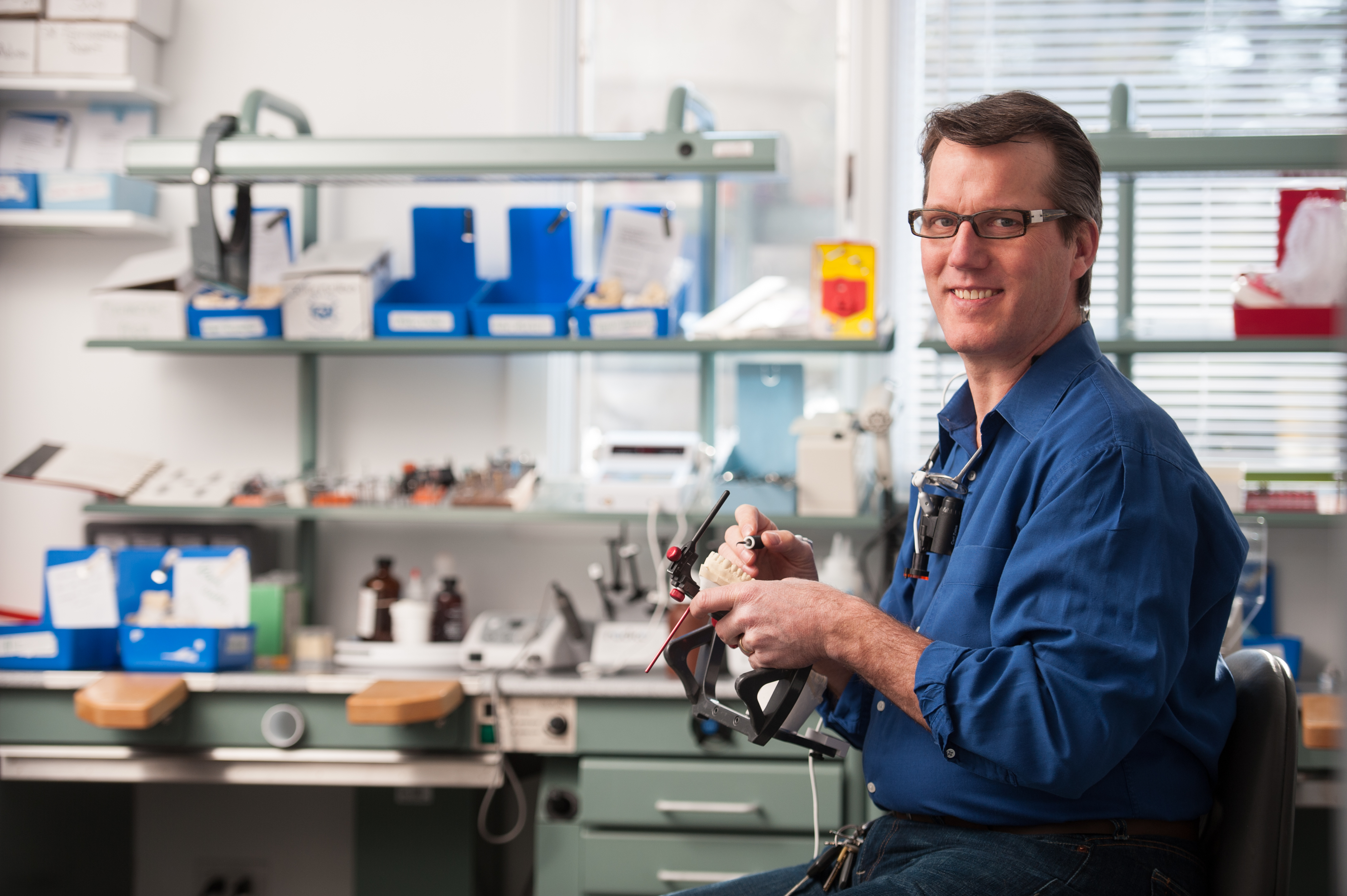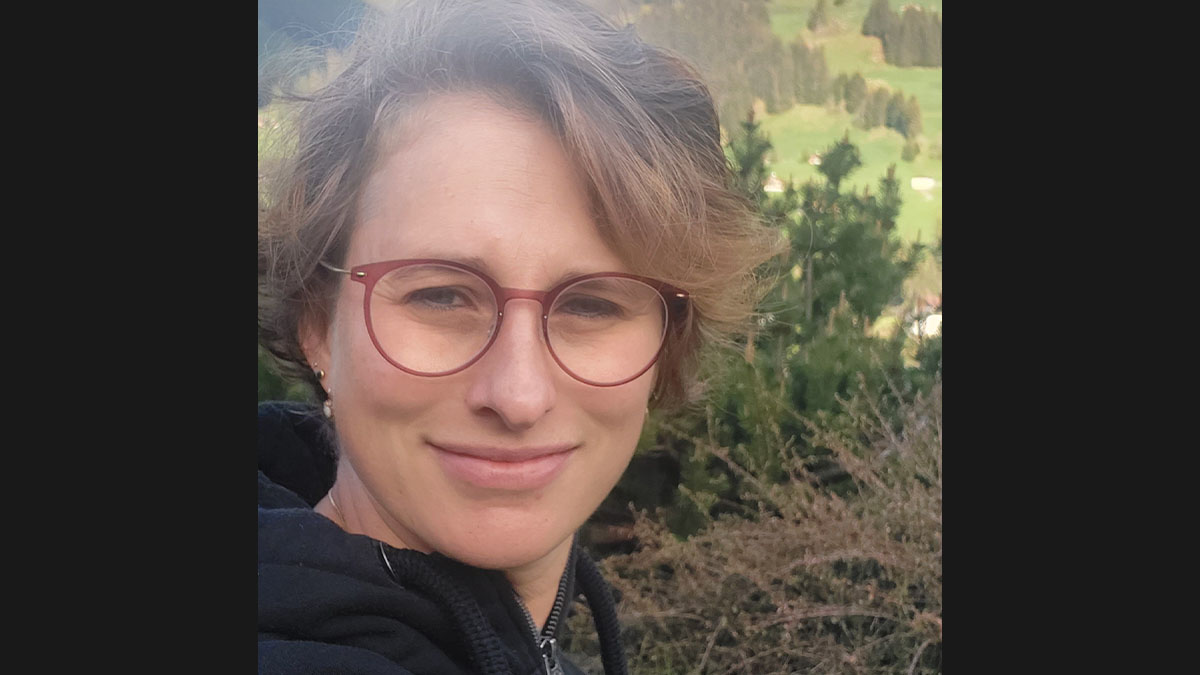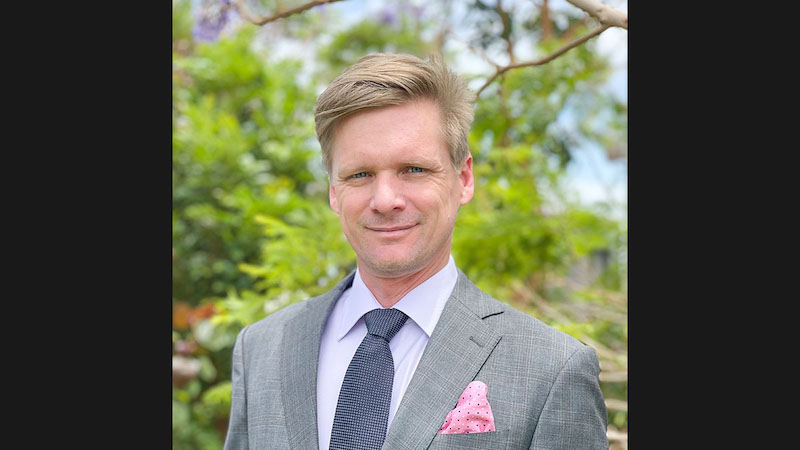The combined experience of Dr Michael Melkers and Dr Lincoln Harris spans half a century. They are master dentists whose work reflects the skills that have been honed by restoring tens of thousands of teeth.
On many occasions early in their career Dr Melkers and Dr Linc felt isolated and did not know how to improve work that clearly needed improving. They wished they could have spent a day with a mentor who would watch over them while they practised and refined their skills.
Now they are giving back. Dr Melkers and Dr Harris are offering a one day bootcamp where students will practice 17 crown preps back-to-back under their guidance.
We sat down with Dr Melkers and asked him about the professional journey he took with crown preps.
When you started dentistry how did you feel about doing crown preps?
When I first started indirect crown preps I was really myopic or tunnel visioned that that tooth needs to be fixed. I didn't see anything around it: the rest of the teeth, the environment, the quadrant or full mouth. My world was a single tooth. As I expanded my knowledge and perspective I felt stressed to actually provide what my patients were needing. I wasn’t ready to prepare that many teeth on my patients. It took me years - maybe a decade to feel comfortable in diagnosing and treatment planning, and eventually treating my patients.
What were the biggest obstacles you faced when doing them early in your career?
In retrospect the obstacles that I encountered were within myself, not my patients. I had a lack of confidence in diagnosis and execution. Had my patients said yes to my treatment I would have felt terrified to provide it. My tunnel vision perspective didn’t allow me to have the confidence to reach outside of my comfort zone. The bootcamp we are doing is a combination of the combined 50 years of experience that Linc and I bring that allow the attendees to side-step the skill obstacles that held me back from practicing care for my patients.
How did you overcome your obstacles?
I overcame them through an isolated effort and determination to provide care for my patients. It was hard, isolating, not an easy or short journey. Overcoming that challenge was a lonely journey. I felt insecure. I didn't want to reach out for help nor even know where to go to do so. What I thought were these wonderful crown preps that I did manage to create, I couldn’t transfer my new skills efficiently into a quadrant or an arch. It was slow and difficult. I eventually found some wonderful mentors who helped me along the way. The heavy lifting was on my shoulders. I do recall it was slow and arduous.
Lincoln and I want to share our challenges and successes so that our students may reach their goals and provide care for their patients quicker than we were able to.
How far into your career did you start to feel confident doing crown preps?
No matter how confident or competent I felt, there were treatments that I couldn’t even imagine planning or providing. Particularly for me it was full mouth rehabilitation. I couldn't fathom prepping a full mouth or a portion of that. A dear and special mentor who only comes by once in a lifetime provided that bridge for me and provided that confidence. Having taught complex restorative dentistry for close to 20 years I realise my experience getting a mentor like that was the exception not the rule. What Lincoln and I want to provide our students in this bootcamp is not that rare opportunity that I had per se, but an opportunity that anyone can achieve and experience superior crown prep skills.
It doesn't matter whether you are one year or 20 years into your practice, you will have aspirations and barriers. What matters is where you want to be next in your career, who you want to be. 'Possible' always exists and you can achieve it if you will just take a step to move toward it.
What is the favourite part of doing crown preps today?
My favourite part of crown prep is examining the impression. The reason that this my favourite part is that I will feel like I have done my best part, the technician has done their best part, and the patient will upkeep their crown to the best of their ability.
My second favourite part is when the patient comments how wonderful the provisional restoration feels and fits.
What still challenges you?
I’m not a technical person by nature and that may come as a surprise to people. My favourite part is helping patients achieve their goals. and with that. having my dentistry feel and look great - and last a long time. The challenge I have in executing that goal is providing a procedure with comfort and efficiently with my patients. No one likes being in a dental chair. No one likes their dentistry to fail or not last a long time. The challenge is learning how to provide that efficiency and longevity in a comfortable fashion for the patient and provider.



